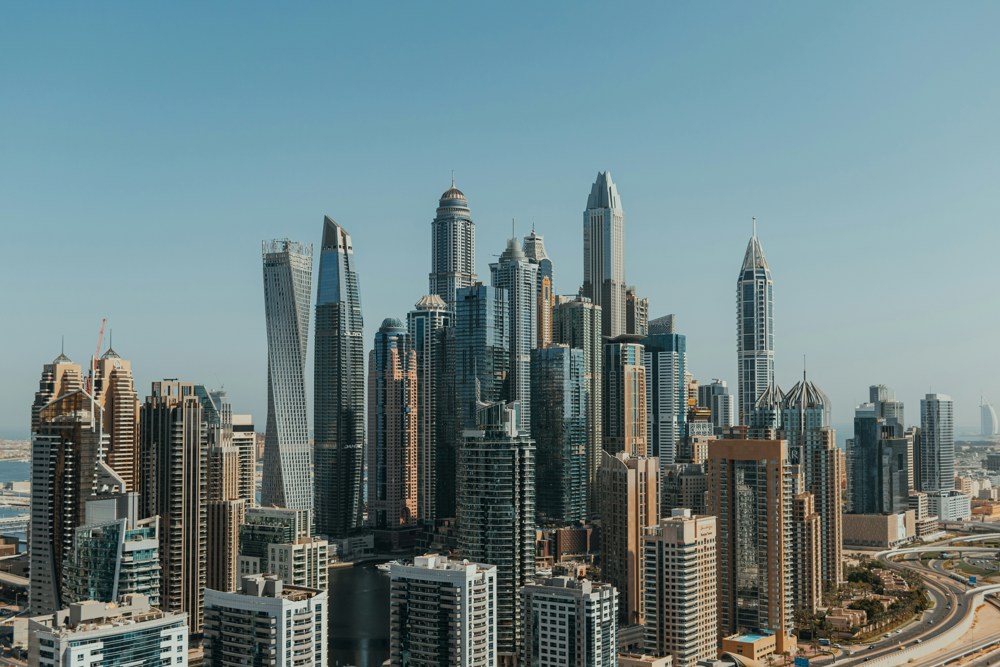What is the impact economy?
Global Institute for Tomorrow Founder and CEO Chandran Nair calls for a new narrative to dignify human existence
Tuesday, 29 July 2025

Global Institute for Tomorrow Founder and CEO Chandran Nair calls for a new narrative to dignify human existence
Tuesday, 29 July 2025

 Chandran Nair is the Founder and CEO of the Global Institute for Tomorrow (GIFT), a Hong Kong-based think tank focused on redefining the role of business and government in society. He is the author of several books on sustainability, economics, and the future of global development. This op-ed is based on an address he delivered at an event in Dubai hosted by Majra, the UAE’s National CSR Fund.
Chandran Nair is the Founder and CEO of the Global Institute for Tomorrow (GIFT), a Hong Kong-based think tank focused on redefining the role of business and government in society. He is the author of several books on sustainability, economics, and the future of global development. This op-ed is based on an address he delivered at an event in Dubai hosted by Majra, the UAE’s National CSR Fund.
The world’s climate is in a precarious position. Being from Southeast Asia, I have seen the world’s oldest rainforest, once teeming with biodiverse flora and fauna, come under grave threat.
Today’s prevailing narratives often place the burden of ecological destruction on small-scale farmers and indigenous communities. However, the deeper forces at play lie within a predatory global economic engine built upon unchecked environmental extraction, unsustainable practices, and overconsumption.
This economic model has fuelled many of today’s crises—from climate change, soil degradation and plastic-choked oceans to social media overreach and a growing mental health pandemic.
Because at its core lies the illusion of infinite resources, endless growth, and the flawed belief that markets can somehow correct the very destructions this model sets in motion.
My analysis of today’s economic model was shaped despite having lived for more than 30 years in Hong Kong, one of the world’s leading financial centres and a key node in the dominant global economic system.
I am, therefore, neither anti-capitalist, nor a stereotypical tree-hugging, bicycle-riding environmentalist. Rather, I see myself simply as someone striving to find practical solutions by identifying and addressing systemic flaws, much like China’s policymakers have done over the years.
My early impression of China in the late 1980s was that of a developing, impoverished, and polluted nation. However, after spending three decades with a front-row seat to its policymaking, civil society dynamics, and the role of the state, I have come to see China’s development, while not without shortcomings, as remarkable in many respects. Few societies have lifted 800 million people out of poverty, and the country offers a unique model of what some might call an “impact economy”.
"Profit is not a right. A business cannot operate with a harmful or antisocial model, extract profits, and then attempt to compensate through corporate social responsibility."

Chandran Nair believes the UAE, with its track record of executing ambitious plans, has the potential to become the intellectual capital for this discourse. Photo: Kate Trysh/UnSplash
But what does the term “impact economy” really mean? It is a profound question, one that deserves thoughtful exploration. The United Arab Emirates, with its visionary spirit and track record of executing ambitious plans, which resembles Hong Kong of old, has the potential to become the intellectual capital for this discourse.
At times, the immediacy of economic growth can overshadow our focus on deeper, longer-term development goals. To shift this mindset, we must embrace a key idea: creating an impact economy involves shaping and engaging with powerful narratives.
Too often today, sustainability has been reduced to slogans, and scientific inquiry has been hijacked by simplistic branding narratives.
My field of work involves conducting workshops across the globe, wherein I frequently pose a deceptively simple question: “What is the economy for?” The response that follows is telling.
Workshop participants typically mention familiar buzzwords like ‘growth’, ‘wealth’, ‘stock markets’, and ‘foreign direct investment’, yet rarely touch on the deeper purpose of economic systems. This misunderstanding of the economy stems from decades of exposure to intellectually dishonest frameworks that prioritise growth over development, profit over purpose, and metrics over meaning.
At its core, economics is the management of resources to unlock the potential of capital—human, financial, and social—to produce goods and services that serve the needs of society. The economy should not exist to enable billionaires to amass fleets of cars but to reduce human suffering and ensure that the majority can lead dignified, fulfilling lives, free from deprivation, insecurity, and the constant struggle to meet basic needs.
However, the actors responsible for implementing these objectives, namely governments, appear to have lost their way by chasing false metrics like GDP. Ironically, GDP can increase by building more prisons but not by reducing crime within society. This highlights the contradictions of our current economic model.
This system persists in part because much of what is taught in economics and public policy remains anchored in outdated, century-old Western theories. Hence, to bring about meaningful change, we must first acknowledge that these theories are not immutable laws of nature. They are human constructs, which are often manipulated to serve particular interests.
"We must be bold in reimagining the future, not only through technological advancement but through social innovation."
At the Global Institute for Tomorrow (GIFT), we have developed an executive learning curriculum designed for the realities of the 21st century. It is one that encourages a fundamental rethinking of economics, governance, and business.
We challenge the assumption that profit is a guaranteed right. A business cannot operate with a harmful or antisocial model, extract profits, and then attempt to compensate through corporate social responsibility. This approach does not reflect genuine impact; rather, it exposes the hypocrisy.
It is time to dissolve the artificial boundary between corporations and social enterprises as, ideally, every corporation should be a social enterprise by design. In truth, the primary purpose of any organisation should be to serve society, not only shareholders.
The way we navigate the next 25 years will shape the trajectory of the 21st century. This urgency is amplified by rapidly shifting global demographics. In 1980, the world’s population was four billion; today, it has doubled to eight billion. It is no secret that we are nearing our planet’s limits. We cannot continue to rely on economic theories used by colonial trading companies in the 19th century to guide us forward.
We must be bold in reimagining the future, not only through technological advancement but through social innovation.
While it is true that we now have access to powerful technologies like artificial intelligence (AI), it is equally important to recognise that applying them within outdated economic and social frameworks risks deepening the very issues they aim to solve, such as inequality, wealth extraction, and the concentration of power.
We must therefore approach artificial intelligence—and all modern technologies—with both critical thinking and caution.
Innovation, therefore, must be social, not just technological.
To present an example, I often ask young people, “What’s the most important technology today?” The answers are predictable—AI, big data, and the internet. But if we reflect on what truly saved lives during the 2020 Covid-19 pandemic, it becomes clear that it was not algorithms or cloud computing. It was hygiene, sanitation, and access to clean water. We must aim to start there.
A wired world still needs functioning sewer systems. Real progress means connecting communities not just with fibre optics but with clean water and proper sanitation.
Progress should be measured by what endures—a foundational infrastructure that upholds dignity. That is the essence of an “impact economy”.
It's a good idea to use a strong password that you're not using elsewhere.
Remember password? Login here
Our content is free but you need to subscribe to unlock full access to our site.
Already subscribed? Login here